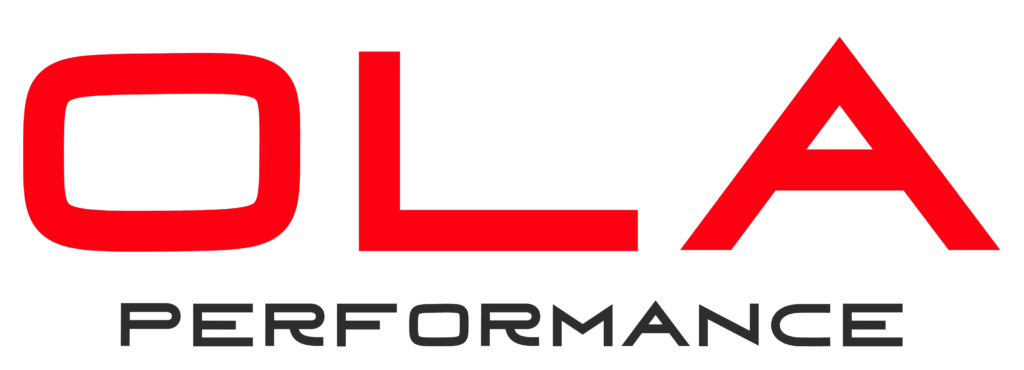Security Features of Virtual Data Rooms
When a company is engaged in the process of negotiating an important deal it must be able to share data easily and securely. Virtual data rooms facilitate this by providing a secure location to store private documents that could be valuable in a deal. This includes information about intellectual property, research, patents, technology, as well as other items.
What is a VDR functions
Virtual data rooms are primarily created to simplify due diligence. They accomplish this by allowing all parties to connect read more remotely and access documents immediately. They also eliminate the requirement to photocopy or index files and offer built-in security features that block information from being viewed by unauthorized parties. This saves time and money while allowing businesses to reach a larger number of bidders within a shorter time period.
A good virtual dataroom will come with advanced features to provide the highest level of protection for sensitive business information. They include encryption in transit and in rest, robust authentication procedures, and strict permission settings that are assignable on the basis of user-by-user. These are the main factors that differentiate modern VDRs from their older counterparts.
A well-designed virtual dataroom should also include physical security features like a separate datacenter, offsite backups and fire protection. It will also offer secure connections as well as a simplified login system that permits users to use one set credentials across multiple applications. In addition, it will feature tools like dynamic watermarks disabled printing, and blind view options that make illegal activities more easily identified.


